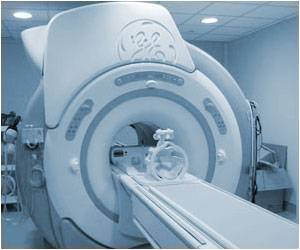A new study has found how Middle-Eastern countries that host refugees from Iraq and Syria may have to deal with a huge healthcare bill to tackle chronic diseases like cancer

Help from international organisations and donors has not been enough, and the cost burden "has disproportionately fallen upon the host governments," it said.
Jordan, for example, paid about $53 million (39 million euros) for refugee medical care in the first four months of 2013.
The paper said the world's response to humanitarian crises was largely based on experiences in refugee camps in sub-Saharan Africa, where infectious diseases and malnutrition were the main concerns.
In middle-income countries, levels of chronic diseases like cancer are higher -- and costlier per individual to treat.
Study author Paul Spiegel, the chief medical expert for the UN High Commissioner for Refugees (UNHCR), called for "innovative financing schemes" to help.
Advertisement
"Refugees sometimes have livelihood opportunities and can pay for themselves, other times it could be UNHCR or other organisations."
Advertisement
Source-AFP









